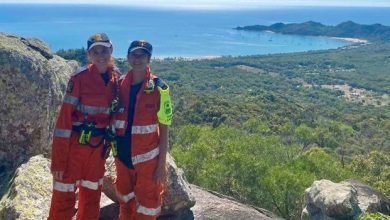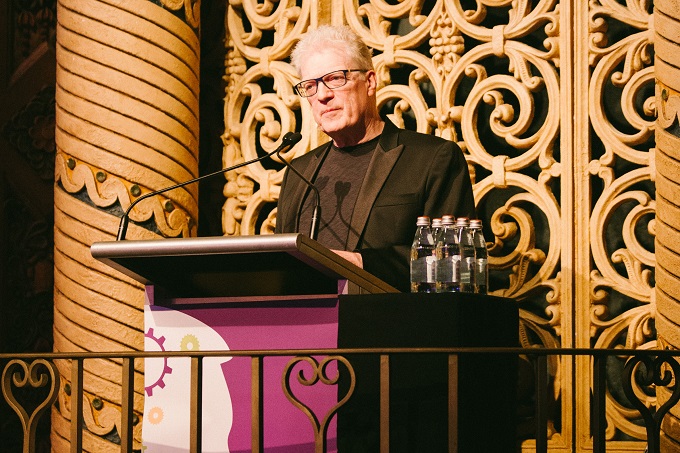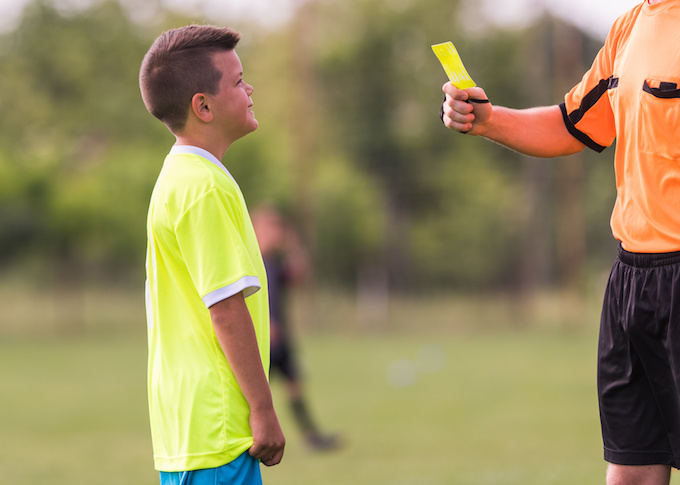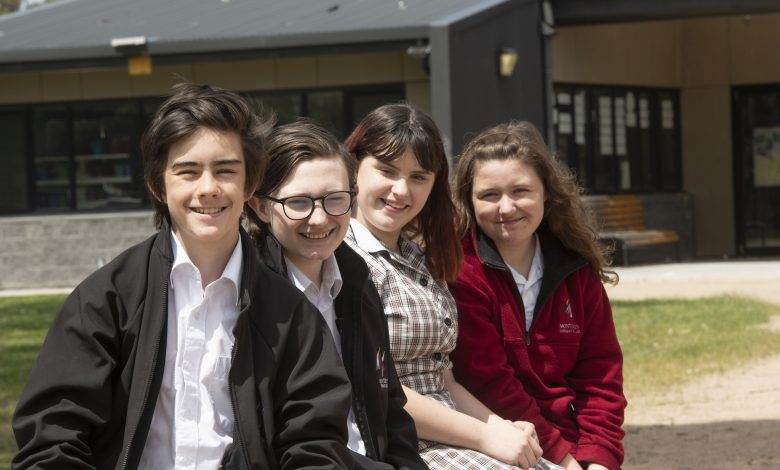
Classroom behaviour in Australia is out of control; Australian classrooms are in crisis.
Headlines like those above get trotted out on a cycle in between the schoolyard fights and cyberbullying.
Are they alarmist? Sensationalist? Are they fair?
Read the latest print edition of School News HERE
I’m not going to make sweeping statements about the state of our classrooms. However, I am willing to concede that our world has changed rapidly. As a result of the rapid change, our young people are growing up in a world where they’re having vastly different experiences than the generations that came before them. Further to that already impactful change, they were thrust into a pandemic that robbed them of two years of their life, their education and their social development.
Those who have been in education for a long while would typically agree that our students are less able to self-regulate than they were in years gone by. Most would agree that the return to full-time schooling after the pandemic has further reduced our students’ abilities to regulate their behaviours.
If we can agree that our students are less able to regulate their behaviours now than they were in the past, then we have two clear priorities:
- When our students are ready to learn, we must keep them ready to learn
- When our students are not ready to learn, we must help them to become ready to learn
This is the story of how Monterey Secondary College helped our community to become more ready to learn more of the time, and the ongoing work is keeping them ready to learn. This transformation has seen our student’s perception of Effective Classroom Behaviour grow from the 1st percentile in Victoria in 2018 to the 87th percentile in 2022, similarly, Effective Teaching Time grew from the second percentile to the 90th percentile and High Expectations For Success grew from the second percentile to the 94th percentile over the same period.
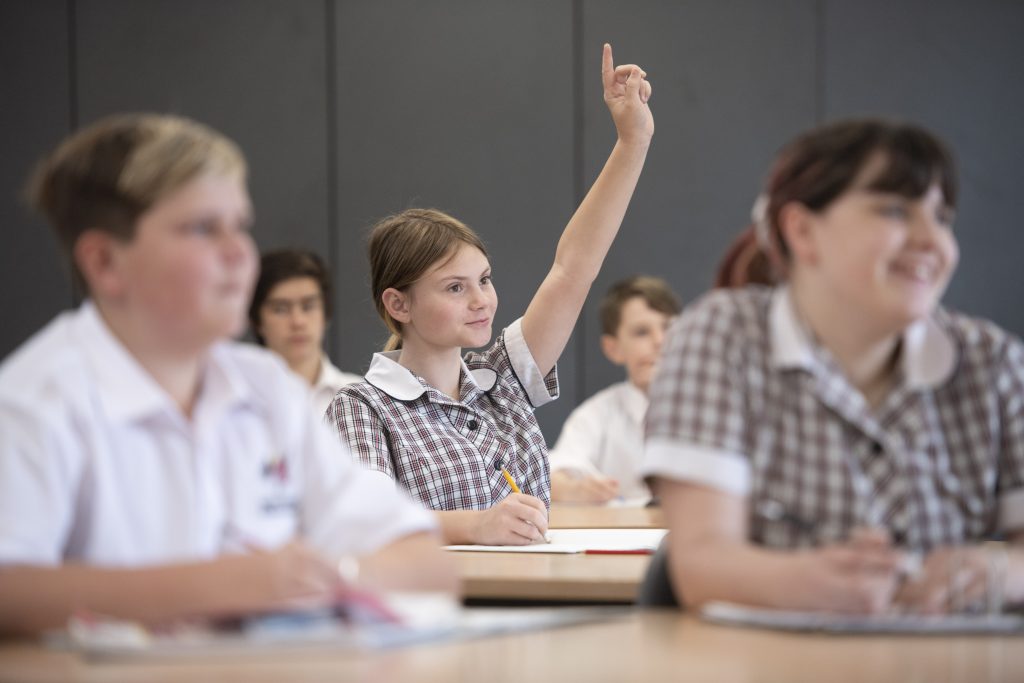
Monterey Secondary College – Challenge and Context
Monday, August 19, 2019, was a pivotal day for Monterey SC. It was the day that our staff commenced our training with the Berry Street Education Model (BSEM), a two-year commitment to Trauma-Informed, Positive Education (TIPE) with the three subsequent days of training being spread across 2020 and 2021. In addition to the training, Dr. Tom Brunzell, BSEM’s Education Director provided ongoing consultancy with school visits, phone calls and emails – Tom continues to support our journey and next steps.
My time at Monterey Secondary College started one week before our first BSEM training day. I stepped into the role of Acting Principal, the third Principal that same year. Some staff were seeing successes in some classes, many were working as hard as they reasonably could without strong support around them, and some were disengaged without any hope remaining. Many staff presented as though they were overwhelmed and intimidated by the behaviours that many of our students presented with.
The students, in most cases, were delightful people and great when one-on-one or in small groups, but in larger groups, one-upmanship and a desire to shock and intimidate staff could see a complete refusal to adhere to absolutely standard school behavioural expectations.
Between August 2019 and the end of 2021, we saw a significant turnover of staff, due at first to the instability in leadership and followed by the ongoing challenge of working in a complex school community during a pandemic. However, during this period, all Monterey SC staff completed the Berry Street Education Model training in full.
Further, during this period, all Australian schools spent periods in lockdown, seeing us moving into and out of remote and flexible learning regularly. The lockdowns provided opportunities for us to implement parts of our TIPE approach, test for impact, and refine our practices when schools reopened.
By 2022, it was apparent that many industries were facing staffing shortages, it was evident that education was facing the same challenge with a shortage of teachers. The schools expected to be most negatively impacted were those in rural and/or disadvantaged communities who already found it difficult to attract and retain staff. Monterey SC is located in Melbourne’s fourth most disadvantaged suburb and was already recognised by the Victorian Department of Education as a Hard to Staff School.
Attraction, retention and development of our staff became an increased focus due to the teacher shortage in 2022. Whilst we had completed the BSEM training and leveraged the opportunities that the lockdowns presented, we had yet to establish our ‘new normal’.
Trauma-Informed, Positive Education Implementation Team
Integral to our now embedded ‘new normal’ was the planning that our TIPE Implementation Team had started through 2021. Particularly symbolic was the rollout of a TIPE poster set for our classrooms. The posters are prominent features in all of our classrooms and were designed as visual reminders to our students and staff about the common language and common ways of working that we had committed to.
‘Ready to Learn’ Plans
Our roll-out of Ready to Learn plans completely changed the way that a leader would speak to a student who was out of class – which was a chronic issue for us between 2019 and 2022. Before Ready to Learn plans, leadership would assume that the student was out of class without permission, with the conversation likely to start with a variation of “Why aren’t you in class? Where are you supposed to be?”.
Unsurprisingly, disengaged and defiant students tend to respond to that question with a fight-or-flight response. In either case, the leader is likely following up with a consequence for the student swearing at them (fight) or ignoring them and walking away (flight). Typically, the consequence would remove the student from something they most enjoyed at school (lunch time detention) or remove their opportunity to learn (suspension) – these consequences ultimately decrease engagement with school and/or access to learning, it’s quite counterproductive!
Through the introduction of Ready to Learn plans, our students knew that they could seek permission from their teacher to be out of the classroom for an agreed duration when they were overwhelmed or becoming dysregulated, typically five minutes. Now when a leader encounters a student out of class, the typical conversation is “Are you using your Ready to Learn plan?” and the student will typically show the leader a post-it note with a time, date, signature and the letters RTL scribbled on it.
Unconditional Positive Regard
Similarly, the concept of Unconditional Positive Regard has completely changed the way that teachers and leaders work with our students. It is not common for those more ‘traditional’ teachers to assume that Unconditional Positive Regard is the same as operating a school without consequences, though that couldn’t be further from the truth.
The greatest learning for me in practising Unconditional Positive Regard occurred when I was expelling a student (the largest consequence I can issue). The student was expelled, due to this particular incident, there was no alternative; although all alternatives were considered. Due to the expulsion, the sequence of events leading to the expulsion, and the societal issues in place at that time there were increased risks to this student’s mental health and well-being. Unconditional positive regard meant that the student received care, support and understanding throughout the expulsion process, which continued until the student had been integrated into their next setting.
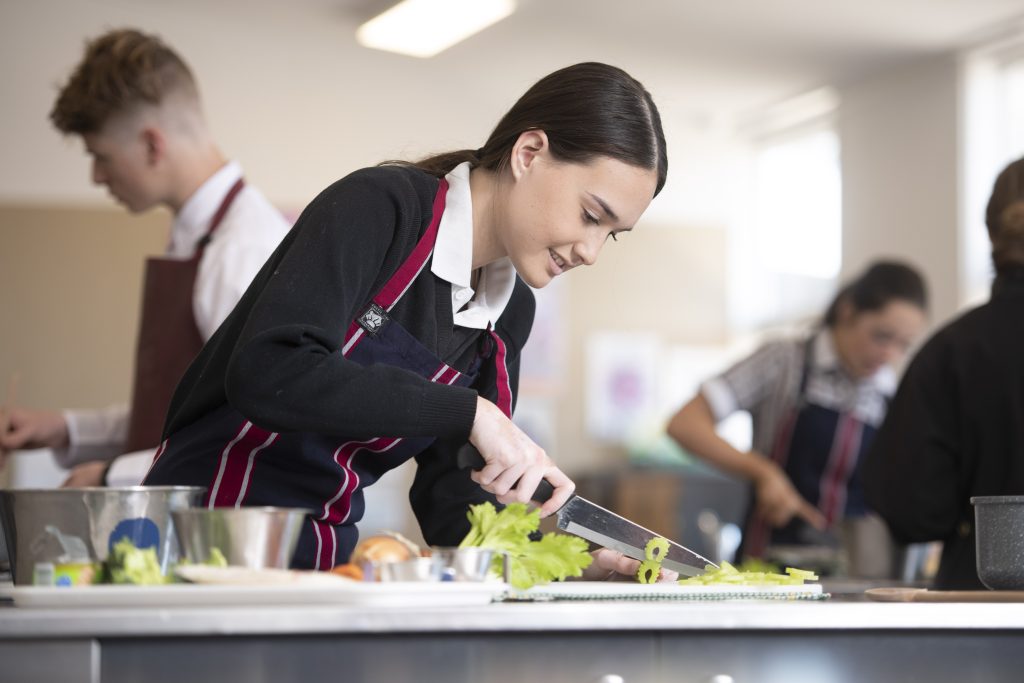
Zones of regulation
In our classrooms, the feelings check-in and staff noticing micro-moments provide our teachers with insight into the state of regulation that each student is currently operating in. When a student is in a state that is not optimal for learning, each teacher has a range of tools and supports that they can draw on to either improve the state of regulation for that student within the classroom or access supports external to the classroom to ensure that the student can engage again at the soonest time.
On-Call Support system
Operationally, the TIPE Implementation Team and the School Leadership Team also designed and implemented what we believe to be one of the most intentional, robust and effective supports for managing complex behaviours, our On-Call Support system.
Our On-Call Support system utilises an instant messaging platform and roster of leaders to respond to issues relating to behaviours that the classroom teacher requires support with. This enables the teacher to get immediate support when their early interventions aren’t working.
Sitting behind the support system is an analysis tool that enables:
- our student managers to design bespoke interventions and plans for at-risk students
- our student managers and wellbeing staff to notice increases or decreases in behaviours that require intervention
- our coaches to have greater insight into the strategies that our teachers require to address their most commonly occurring issues
- our leadership team to gain insight into our whole cohort and take a ‘pulse check’ on the whole school or a particular year level at any point in time
The frequency and seriousness of our callouts have changed significantly between the beginning of 2021 and the end of 2023. There are now significantly fewer lockdowns, significantly fewer instances where we need to remove an entire class due to the behaviours of one student, and significantly fewer instances of furniture being thrown and doors being slammed. All of those issues had dysregulated students at their core, but we’re now noticing, intervening and supporting our students to regulate or co-regulate before those significant incidents occur.
As a result of our insight into our students, we have designed programs for specific groups of students designed to meet their unmet needs. Depending on the student, the programs may address their immediate well-being, their social and emotional literacy, their learning stamina, or their literacy and/or numeracy needs.
Ongoing Professional Learning and Coaching
As a result of our insight into our teachers, we address whole-staff professional learning where appropriate and provide one-on-one coaching, particularly to those in initial teacher education, early career teachers and those who are in their first year at Monterey SC.
When I reflect on who I was as an educator before beginning at Monterey SC, I know that my immediate response to learning about Trauma-Informed, Positive Education would have been that it wasn’t something that I needed because my students’ learning wasn’t impacted by trauma. I was naive.
At Monterey Secondary College, in August 2019, the Trauma-Informed, Positive Education journey that we started on had to happen due to the unique circumstances of our community at that time. Shortly after, a pandemic struck and exacerbated the societal changes that have been occurring since we’ve been raising generations of ‘digital natives’. My wondering is whether all schools need to undertake a Trauma-Informed, Positive Education journey in 2024 and beyond.
Regardless of whether a student suffers from “Big T” Trauma, “little t” trauma or no trauma at all, Trauma-Informed, Positive Education provides educators with a new set of language and, in some cases, additional tools to get the best out of their students. The language set enables us to engage our students in ways that we might not have been able to, but even more importantly, it provides us with a set of language that enables us to fast-track the development of our teachers to manage the complex behaviours that they will face in the ‘behavioural crisis’ that Australia is facing at present.
For school leaders, upskilling your teachers with TIPE expertise is likely to lead your school to have greater staff retention, decreased rates of burnout and greater employee satisfaction. I hold a strong view that Trauma-Informed, Positive Education is in the best interests of students, teachers, classrooms and schools.
 This column was written by Peter Langham, Principal, Monterey Secondary College
This column was written by Peter Langham, Principal, Monterey Secondary College
Want to explore more great schools from around the country? Read about Maleny Independent School’s approach to learning in our story here.

